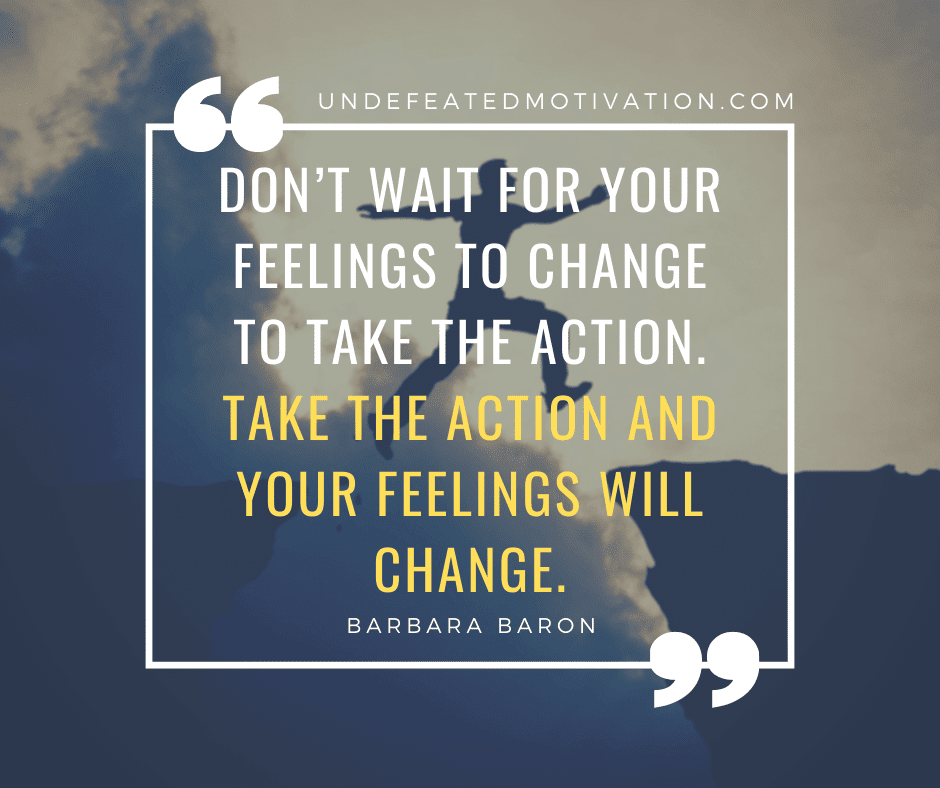10 Ways How to Relax the Mind from Stress
It’s no secret that stress can take a toll on our mental health. In fact, it’s been shown to have negative effects on our brains, including reducing grey matter volume. Not only that, but chronic stress can also lead to anxiety and depression. If you’re feeling overwhelmed by stress, here are 10 ways how to relax the mind from stress and relieve some of that tension
Why relaxing the mind from stress is so important?
When we’re stressed, our bodies go into “fight or flight” mode. This is a natural response that’s meant to help us survive in dangerous situations. However, the problem is that our bodies weren’t designed to stay in this mode for long periods of time.
Chronic stress can lead to a number of health problems, including:
– Anxiety
– Depression
– Sleep problems
– Digestive issues
– Headaches
– Weight gain
So, if you’re feeling stressed out, how can you relax the mind and body? Here are some ideas:
Here is a quick list of the 10 ways how to relax the mind from stress:
– Get enough sleep
– Exercise
– Take breaks
– Connect with loved ones
– Find a creative outlet
– Do something you enjoy
– Set realistic goals
– Practice meditation or mindfulness
– Accept that some things are out of your control
– Be positive and optimistic
Now let’s go into a bit more detail on each of these steps on how to relax the mind from stress.
1. Get enough sleep:
One of the most important things you can do to reduce stress is to get enough sleep. When you’re well-rested, you’re able to think more clearly and handle stress more effectively. Aim for at least eight hours of sleep each night. This will help you feel more energetic and alert during the day. For example, try going to bed and waking up at the same time each day, avoid caffeine before bedtime, and create a relaxing bedtime routine.
Facts behind this:
– People who sleep less than six hours a night are more likely to report feeling stressed.
– Lack of sleep can make you irritable and more susceptible to stress.
– Getting enough sleep can help you cope with stress and improve your overall health.
Tips:
– Go to bed and wake up at the same time each day.
– Avoid caffeine before bedtime.
– Create a relaxing bedtime routine.
2. Exercise:
Exercise is a great way how to relax the mind from stress. Not only does it release endorphins, which can improve your mood, but it also helps to clear your mind and give you a break from whatever is causing your stress. This will help you to come back to the problem with fresh eyes and a new perspective. For example, try going for a walk, run, or bike ride.
Facts behind this:
– Exercise can help to improve your mood and reduce stress.
– It can also help to clear your mind and give you a break from whatever is causing your stress.
– Getting regular exercise can help you cope with stress and improve your overall health.
Tips:
– Go for a walk, run, or bike ride.
– Try an exercise class.
– Get active outside.
3. Take breaks:
When you’re feeling overwhelmed, take a few minutes to yourself to relax and rejuvenate. This can be anything from taking a hot bath to reading your favorite book. Taking breaks will help you to come back to your tasks with fresh energy and a better outlook.
Facts behind this:
– Taking breaks can help you to relax and rejuvenate.
– It can also help you to come back to your tasks with fresh energy and a better outlook.
– Taking regular breaks can help you cope with stress and improve your overall productivity.
Tips:
– Take a hot bath.
– Read your favorite book.
– Take a walk outside.
4. Connect with loved ones:
Spending time with loved ones is a great way how to relax the mind from stress. Whether you’re talking on the phone, texting, or meeting in person, social support can help to reduce stress levels. Talking to someone who understands what you’re going through can be a huge relief and can help you to feel more positive.
Facts behind this:
– Social support can help to reduce stress levels.
– Talking to someone who understands what you’re going through can be a huge relief.
– Spending time with loved ones can help you to feel more positive and reduce stress.
Tips:
– Talk to a friend or family member.
– Join a support group.
– Spend time with your pets.
5. Find a creative outlet:
Creative activities can be a great way how to relax the mind from stress. Expressing yourself through art, music, writing, or another outlet can help you to release some of the tension you’re feeling. Not only that, but it can also be a fun and enjoyable activity.
Facts behind this:
– Creative activities can help you to reduce stress.
– Expressing yourself through art, music, writing, or another outlet can help you to release some of the tension you’re feeling.
– Not only that, but it can also be a fun and enjoyable activity.
Tips:
– Listen to music.
– Play an instrument.
– Write a story.
6. Do something you enjoy:
Doing something you enjoy is a great way to reduce stress. Whether it’s playing a sport, going for a hike, or watching your favorite movie, taking some time for yourself to do something you enjoy can help to improve your mood and reduce stress levels.
Facts behind this:
– Doing something you enjoy is a great way to reduce stress.
– Whether it’s playing a sport, going for a hike, or watching your favorite movie, taking some time for yourself to do something you enjoy can help to improve your mood and reduce stress levels.
– Doing something you enjoy can also help you to feel more positive and reduce stress.
Tips:
– Play a sport.
– Go for a hike.
– Watch your favorite movie.
7. Set realistic goals:
One of the quickest ways to become stressed is by setting goals that are impossible to achieve. This can leave us feeling overwhelmed and hopeless. If you want to avoid this, it’s important to set realistic goals that you know you can accomplish. This will help you feel more in control of your life and less stressed.
Facts behind this:
– A study published in the journal “Psychological Science” found that people who set realistic goals were more likely to achieve them and feel less stressed than those who set unrealistic goals.
– Another study, published in the journal “PLoS One,” found that people who set smaller, more achievable goals had lower levels of the stress hormone cortisol than those who set larger, less achievable goals.
– Set smaller, more achievable goals.
– Make a plan of how you will achieve your goal.
– Break your goal down into smaller steps.

8. Practice meditation or mindfulness:
Mindfulness meditation is a form of mindfulness that has been shown how to relax the mind from stress. It involves focusing on your breath and being present in the moment. This can help you to become more aware of your thoughts and feelings, which can help you to control them better.
Facts behind this:
– A study published in the journal “Psychoneuroendocrinology” found that people who practiced mindfulness meditation had lower levels of the stress hormone cortisol than those who didn’t meditate.
– Another study, published in the journal “PLoS One,” found that mindfulness meditation was linked to reductions in anxiety, depression, and stress.
Tips:
– There are many mindfulness meditation apps available, such as Headspace and Calm.
– You can also find guided mindfulness meditation videos on YouTube.
– If you’re new to mindfulness meditation, it’s best to start with a short session (five minutes or less). Then gradually increase the length of time you meditate.

9. Accept that some things are out of your control:
One of the main causes of stress is feeling like we have to control everything. However, this is simply not possible. There will always be things that are out of our control, and trying to control them will only lead to more stress. Instead, it’s important to accept that there are some things we cannot control and focus on the things we can.
Facts behind this:
– Trying to control everything leads to more stress
– There are some things we cannot control
– Focus on the things we can control
Tips:
– Make a list of the things you can and cannot control.
– Focus on the things you can control.
– Let go of the things you cannot control.

10. Be positive and optimistic:
Positivity and optimism have been shown to be effective in how to relax the mind from stress. This is because they help us to see the good in situations and to believe that things will work out in the end. If you’re feeling stressed, try to focus on the positive and be optimistic about the future.
Facts behind this:
– Positivity and optimism help reduce stress
– They help us see the good in situations
– Try to focus on the positive when feeling stressed
– Think of a time when you were stressed but things worked out in the end.
– Remind yourself that the current situation is not permanent and things will eventually get better.
– Find something to be positive about in the current situation.
What’s the takeaway?
There are many things you can do to relax your mind from stress. Try setting realistic goals, practicing meditation or mindfulness, accepting that some things are out of your control, and being positive and optimistic. These tips can help you to reduce stress and feel more in control of your life.
Do you have any other tips for how to relax the mind from stress? Share them in the comments below!
If you’re struggling with stress, it’s important to seek professional help. You can talk to your doctor or mental health professional about the best way to manage your stress. Remember, you’re not alone and there is help available.
If you found this blog post helpful, please share it with others who might benefit from it! And don’t forget to subscribe to our blog for more helpful tips on how to reduce stress. Thanks for reading!
Get more daily on your newsfeed at the Undefeated Motivation FB page or Undefeated Motivation IG page.




